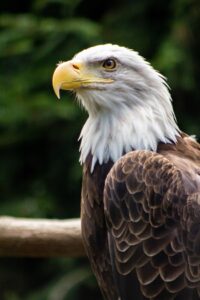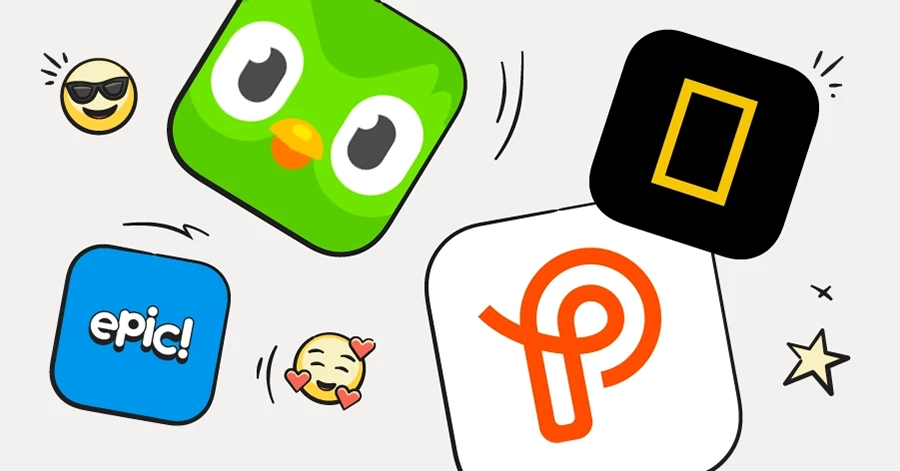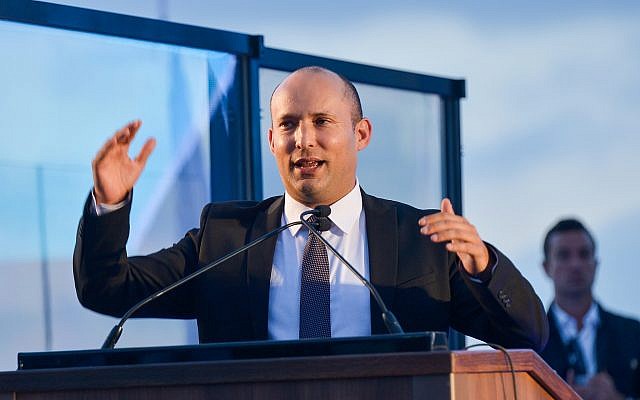Training a key precedence discussing throughout newest Anishinabek Nation UNDRIP engagement session

 ANISHINABEK NATION TERRITORY— The Anishinabek Nation Authorized Division continues to host its United Nations Declaration on the Rights of Indigenous Peoples (UNDRIP) Act digital engagement periods with the third within the collection held on August 10.
ANISHINABEK NATION TERRITORY— The Anishinabek Nation Authorized Division continues to host its United Nations Declaration on the Rights of Indigenous Peoples (UNDRIP) Act digital engagement periods with the third within the collection held on August 10.
Anishinabek First Nations leaders and residents have been invited to take part within the Miigizi (Eagle) Dodem (clan) session exploring themes about UNDRIP and discussing priorities together with however not restricted to Training, Cultural, Language, and different related issues.
An introduction to UNDRIP was mentioned and shortly thereafter, the Miigizi (Eagle) Dodem session was led by Leanna Farr, Anishinabek Nation’s Authorized Counsel. The roles and tasks of the Miigizi Dodem have been introduced, together with a proof on how the dodem has a job as non secular chief and it’s answerable for passing on oral histories, conventional tales, ceremonies, and offering steerage.
The First Nation historical past and the way authorities insurance policies made concerted efforts to eradicate First Nations languages and the results of this eradication are nonetheless being felt.
“When our youngsters have been born and welcomed into the world and into our communities by ceremony, the primary language our youngsters heard was Anishinaabemowin and this was essential,” said Nokomis Elsie Bissaillon, participant and member of the Getzidjig Advisory Council.
Participant’s voiced that presently, there are various limitations to preserving the languages. As an illustration, our Anishinabek Getzidjig (Elders) who converse fluently and will not be acknowledged to show the language, and extra importantly, will not be acknowledged as being bilingual, in lots of non-Indigenous establishments. Bilingualism has been formalized in Canada’s federal language coverage and likewise ensures recognition of minority languages, but, sadly, new analysis reveals a slight decline within the quantity of people that can converse an Indigenous language.
Issues surrounding training arose together with insurance policies concerning funds for faculty training; the necessity to enable for lifelong studying; will increase to residing allowances; a must increase training insurance policies to incorporate transitions to new careers; or in-demand occupations, maybe a second profession clause. Additionally, an exemption clause from funding permits for people eager to be taught and be licensed of their First Nation language. Different instructional issues embrace when communities shouldn’t have excessive colleges and youth must attend in cities, there isn’t a accessible funds for fogeys to briefly transfer into the town and reside with youth; nevertheless, there are funds accessible for youth to board with strangers within the cities. Individuals expressed how there must be consistency on applications and the extent of training obtained for youngsters on the First Nation and/or inside cities (i.e., breakfast applications, cultural actions and Indigenous languages). So as to revitalize language, it’s vital to have youngsters studying the language from delivery — a suggestion was to have Indigenous immersion colleges.
Many introduced forth the necessity to have protections for the tradition, ceremonies, sacred gadgets (turtle rattles, and so forth.), conventional medicines (cedar, willow bark, and so forth.), conventional meals (wild rice, wild meats), and historic pictographs want safety. These pictographs inform a narrative, train about historic motion, or present a instructing (i.e., of a selected plant or the lake). Different considerations of equity, comparable to why can’t Indigenous folks convey conventional meat comparable to a moose to the butcher? Individuals recognized authorized challenges and different limitations to conventional meals harvesting and sharing actions (significantly in city settings the place these conventional meats are used for feasts). Feasts are a part of the tradition and due to security laws, Indigenous organizations can’t have wild meats supplied to public.
It’s, nevertheless, acknowledged that there was motion in the direction of change and acceptance of First Nations conventional actions. For example, the Ontario courtroom system now enable for the Miigizi Miigwan (Eagle Feather) to be utilized because the swearing of the reality, because the Miigizi Miigwan is held in excessive regard within the tradition. The Anishinabek Nation Youngster Effectively-Being Legislation is an instance of First Nations asserting inherent jurisdiction within the realm of kid well-being. The Anishinabek Nation Youngster Effectively-Being legislation is at the moment carried out in 22 of its member First Nations. Every First Nation developed neighborhood requirements that have been based mostly on their conventional and cultural practices.
The Anishinabek Nation encourages Anishinabek Nation First Nations management, employees, and residents to help in embarking on altering Indigenous historical past and paving a means ahead in the direction of bettering the street forward for future generations. Residents are welcome to attend the upcoming digital periods to convey ahead vital suggestions and/or issues as they relate to the important thing features of UNDRIP. The Anishinabek Nation might be gathering all suggestions offered on what Anishinabek wish to see in Canada’s 10-year motion plan and what modifications must occur inside federal laws over the following decade. A report might be submitted to the federal authorities outlining suggestions and figuring out priorities of wanted federal legislative change.
The following digital engagement session might be hosted on August 24, that includes the Ajiaak (Crane) Dodem, which includes discussions about Household Relations, Matrimonial Actual Property, and youth.
Different upcoming periods embrace:
- September 7, 2022: Shiikenh (Turtle) Dodem – Justice, and Felony Legislation;
- September 21, 2022: Maang (Loon) Dodem – Equality and Discrimination, Wills and Estates, Employment and Labour, Human Rights; and
- October 5, 2022: Mukwaa (Bear) Dodem – Well being, Policing, Army, and different points.
For those who or anybody out of your First Nation wish to take part in these periods or wish to request a separate session, please contact Anishinabek Nation’s Justice Supervisor Kristy Jones: kristy.jones@anishinabek.ca.
Digital engagement periods registration accessible right here.




